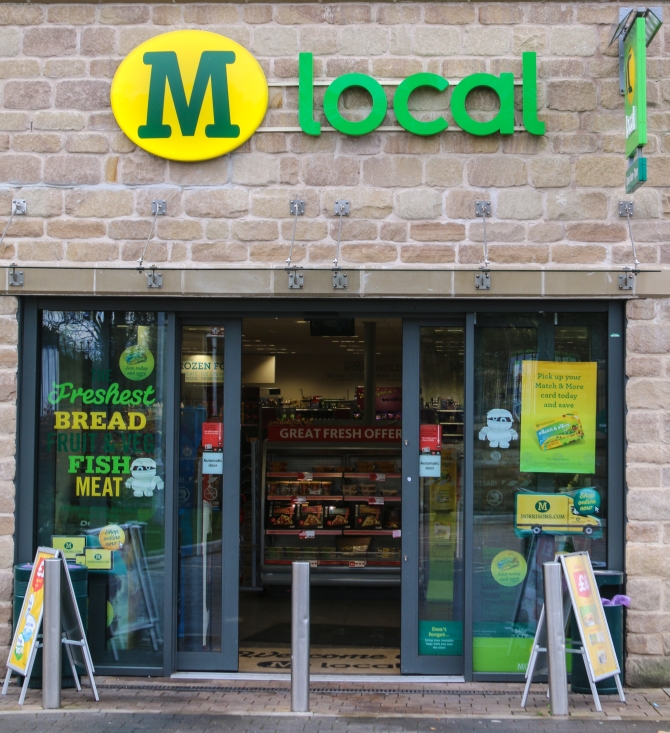The supermarket price war rages on, and many UK brands are beginning to feel the strain of competing with European discounter brands such as Lidl and Aldi. One of the greatest casualties so far has been Morrisons, which has announced a new wave of closures and the sale of the majority of its convenience network following a highly damaging near 50 per cent plummet in half year profits.

A total of 140 M local convenience stores has now been acquired by retail entrepreneur Mike Greene and his team for a cash consideration of circa £25 million, with the deal backed by Greybull Capital LLP. Only five of the convenience stores will be retained by Morrisons, most of which are either located on forecourts or are earmarked for conversion into small traditional supermarkets.
Although a review into the M local business has been ongoing for the past six months, the sale has come as something of a surprise to many retail analysts given the current consumer trend to shop “little and often” in smaller local stores.
However, the review found that significant further investment would be required to bring the M local network to profitability, plus additional capital expenditure and lease commitments, making the expected loss on disposal of around £30 million the “best solution for Morrisons” according to the brand’s board of directors.
Chief executive officer of Morrisons, David Potts, thanked “all Morrisons colleagues for their hard work and dedication to M local” in a statement.
He continued; “Convenience is a large and growing channel in UK food retailing. Morrisons learnt much from its entry into the market, but M local was unable to scale – however, we remain open to other opportunities in convenience in the future.”
Morrisons also revealed this week that it intends to close a further 11 supermarkets nationwide in the near future due to a 47 per cent drop in pre-tax profits for the six months to the 2nd of August.
The drop from £239 million to just £126 million is far worse than analysts had originally forecast, although the 2.7 per cent drop in like for like sales during the period is a notable improvement from the 7.6 per cent plunge recorded in the first half of 2014.
During the past six months, Morrisons has begun to implement a £1 billion programme to cut costs, and in the half year review it claimed that this move has already helped to save £189 million.
It added that the turnaround would “take time and require sustained investment” in order to succeed, with chairman Andrew Higginson confident that the methods initiated back in January will reap long term results.
He says; “During the first half, the team has made good progress in starting the turnaround journey.
“Whilst the management team need time to settle in, make the changes they see as important, and build trading momentum, I believe the team will deliver much improved profits and returns for shareholders.”